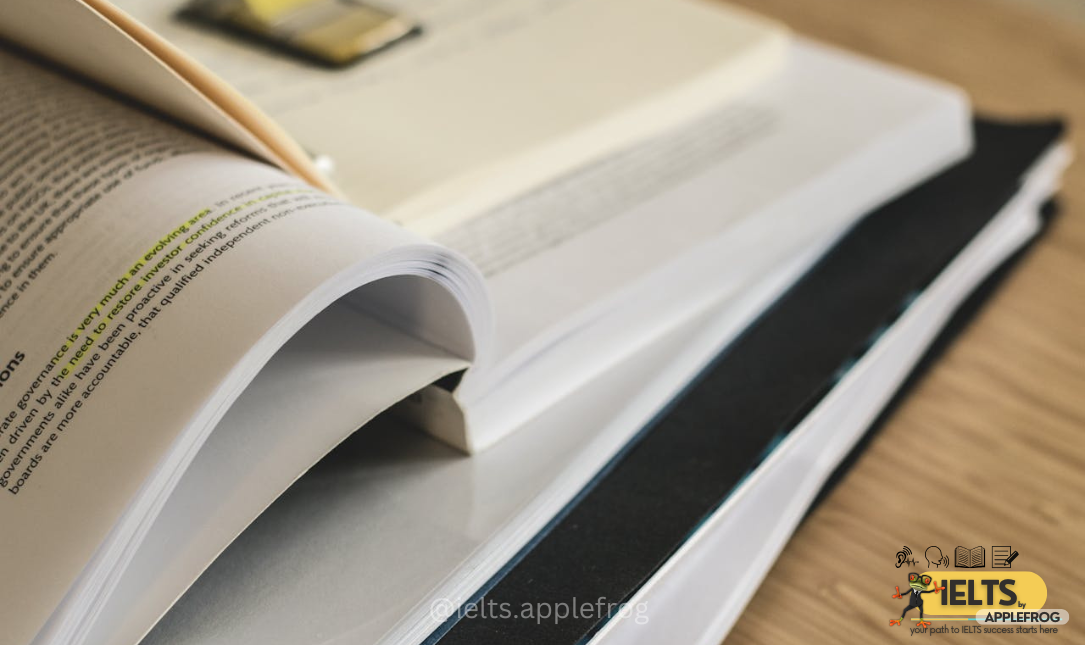
The Ultimate Guide to IELTS Lexical Resource
While preparing for the IELTS exam, terms like ‘lexical resource’ and ‘vocabulary’ frequently surface, especially when diving into the marking criteria for Speaking and Writing. For beginners, these terms might seem confusing or overwhelming. In this guide, we’ll break down everything you need to know about IELTS lexical resource in a detailed, simple, and approachable manner.
From understanding its meaning to its significance and ways to improve, this guide will provide valuable insights and actionable tips to help you master this crucial aspect of the IELTS exam.
What Does IELTS Lexical Resource Mean?
The term “lexical” originates from the Greek word ‘lexis,’ which translates to ‘word.’ Hence, lexical resource refers to your vocabulary.
Vocabulary is a foundational element of any language, allowing us to express thoughts and ideas effectively. In IELTS, lexical resource assesses your ability to use diverse words accurately and contextually while showcasing creativity and linguistic flexibility.
In essence, your lexical resource is your toolkit for expressing ideas effectively, which plays a significant role in achieving a higher band score in both Writing and Speaking tasks.
Why Is Lexical Resource Important in IELTS?
Unlike the Listening and Reading modules, where answers are extracted from provided material, the Writing and Speaking sections require test-takers to produce original ideas and opinions. These sections are evaluated based on four criteria, with lexical resource accounting for 25% of your total score.
- Broad Vocabulary: The more varied and appropriate your vocabulary, the better your score.
- Accuracy: Using words without understanding their meaning or context can negatively impact your score.
To maximize your score, focus on expanding your vocabulary and using words appropriately. Let’s dive into common pitfalls and tips to enhance your lexical resource score.
Common Mistakes to Avoid for Lexical Resource
When preparing for the IELTS Speaking and Writing sections, keep these common mistakes in mind to avoid losing marks:
1. Repetition of Words
Repeating the same word frequently can make your responses monotonous and demonstrate a limited vocabulary.
Example of Repetition: “You should not spread false information about others. False information can harm relationships. Sharing false information is unethical.”
Improved Version: “You should not spread false information about others. Misleading details can harm relationships. Sharing baseless claims is unethical.”
Using synonyms like “misleading details” and “baseless claims” demonstrates a broader vocabulary and improves your score.
2. Incorrect Paraphrasing
Using synonyms incorrectly or out of context can distort the meaning of your response. For instance:
- Unique vs. Special: “Unique” means one of a kind, whereas “special” refers to something important or significant.
- Redundant vs. Repetitive: While similar, these words aren’t interchangeable. “Redundant” implies unnecessary, whereas “repetitive” means recurring.
3. Copying Words from the Question
Directly repeating words from the question without paraphrasing reflects a lack of creativity.
Example:Question: “Do you enjoy reading books?” Answer: “Yes, I enjoy reading books.” (Incorrect)
Improved Answer:“Yes, I love immersing myself in novels and biographies, as they expand my knowledge and imagination.”
How to Improve Your Lexical Resource Score
Here are practical tips to enhance your vocabulary and boost your score in IELTS Speaking and Writing:
- Use Synonyms Creatively: Expand your vocabulary by learning synonyms for commonly used words, but ensure they fit the context.
- Create Topic-Specific Word Lists: Focus on high-frequency IELTS topics like Health, Environment, Education, and Work. Build a vocabulary bank for each.
- Learn Collocations: Use word pairings naturally, like “make a decision” or “take responsibility,” to sound fluent.
- Read and Practice: Enrich your vocabulary by reading articles, stories, and essays. Write down new words and practice using them in sentences.
- Avoid Overusing Complex Words: Using overly complicated words incorrectly can backfire. Aim for clarity and accuracy.
Vocabulary is the bridge to expressing your thoughts effectively. Master it to succeed in IELTS and beyond!











 Here can be your custom HTML or Shortcode
Here can be your custom HTML or Shortcode
0 Comments